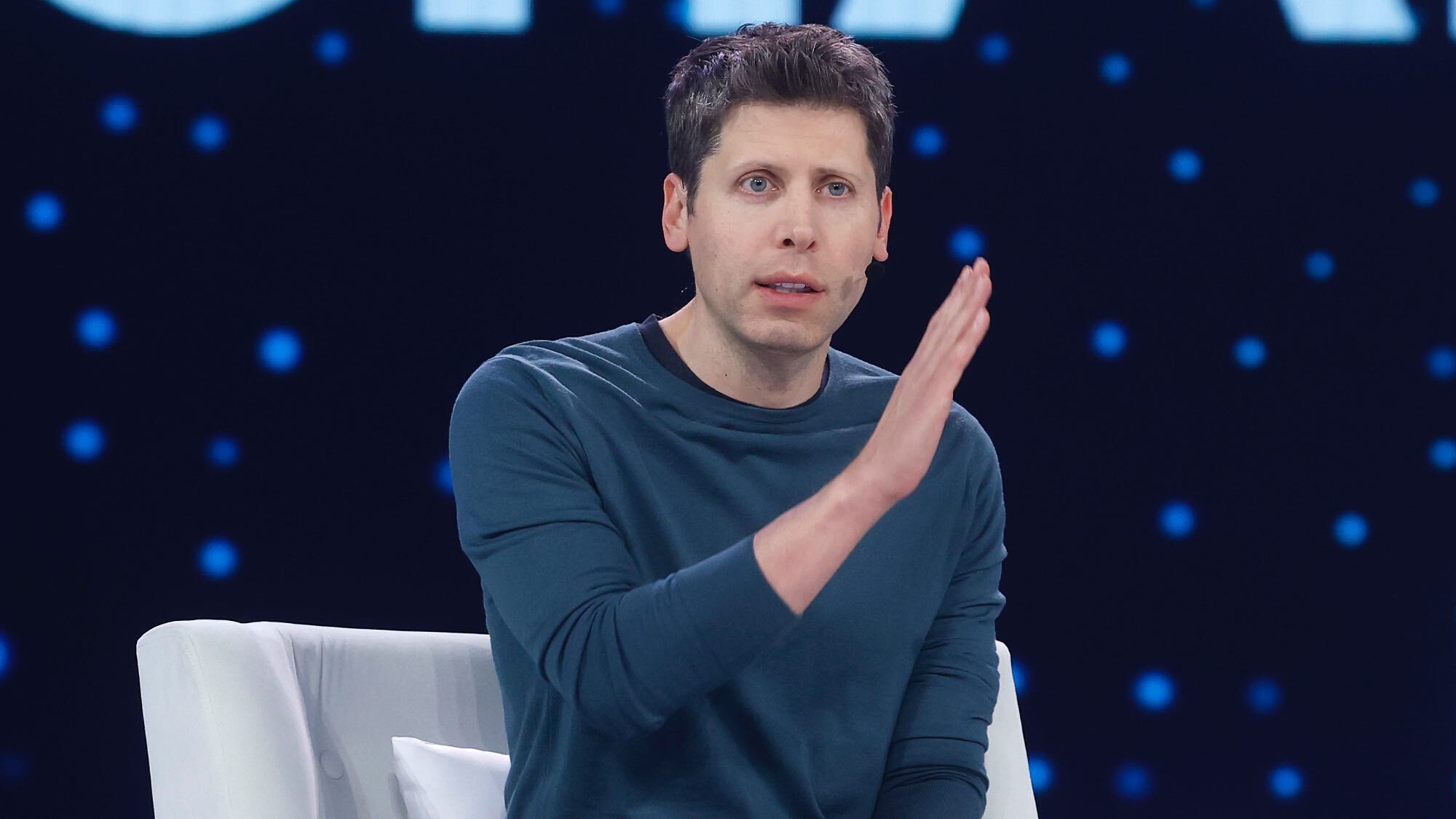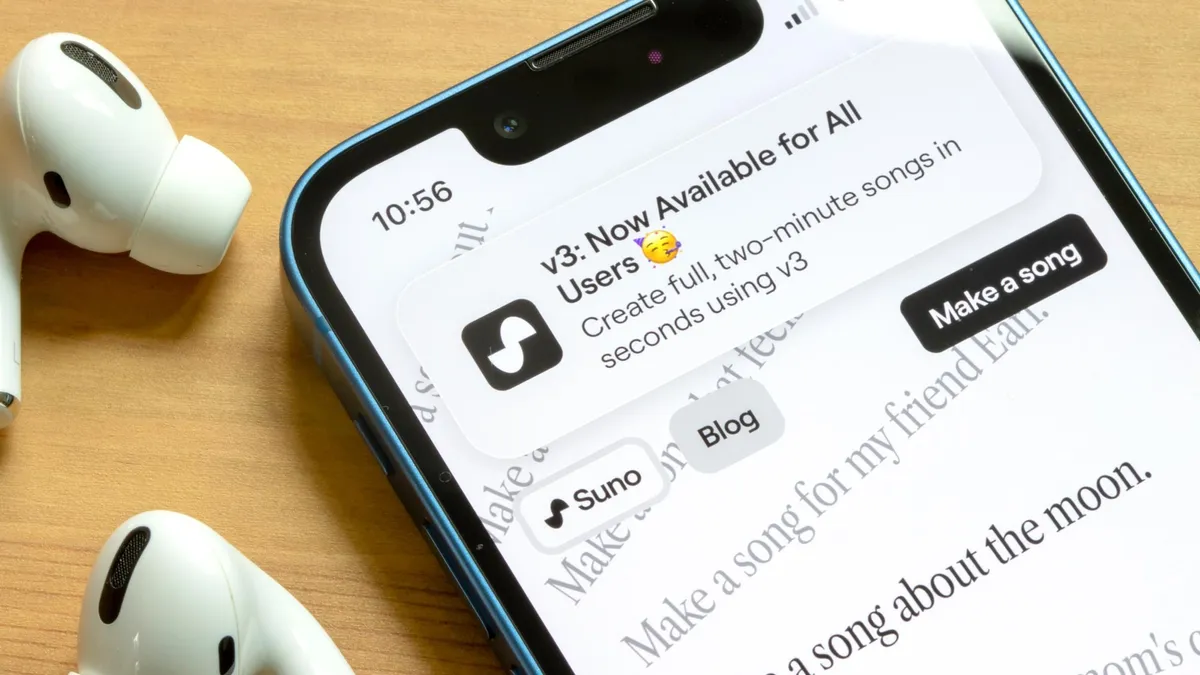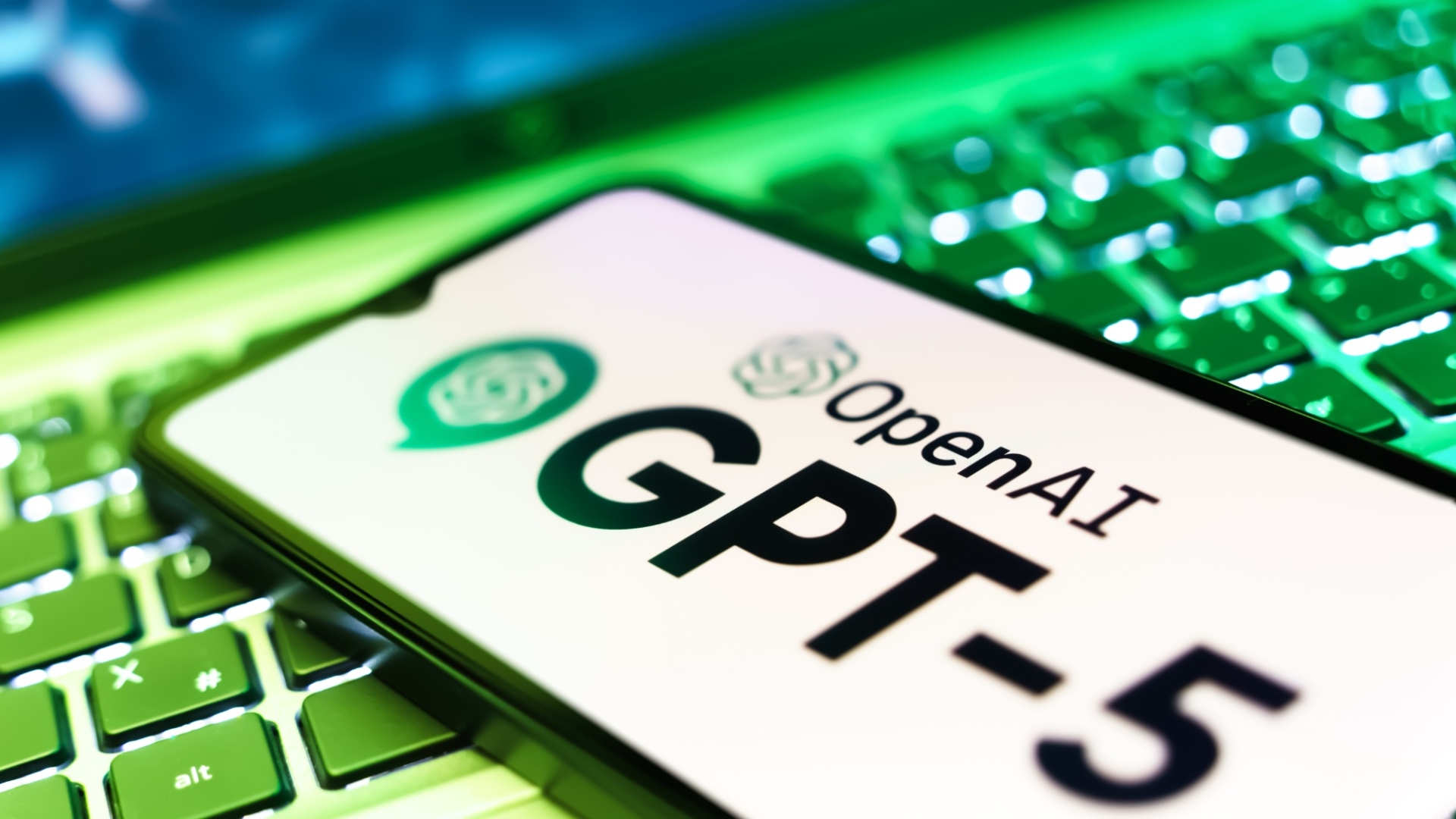OpenAI is reportedly working on an AI music generator after Atlas — here’s why I think that's a bad idea
Murky waters await OpenAI down this road

OpenAI is making a move that, on paper, seems obvious. After creating chatbots, image and video generators, and even its own web browser, the company is now allegedly moving on to a music generator.
That is according to a report from The Information. The report states that an insider has said OpenAI is taking steps toward this, working with some students from the Juilliard School to annotate music scores, along with other steps to make a music generator.
While OpenAI is already a leader in the world of AI, this would be a big step for the company, moving into a field far less crowded than that of chatbots and image generators.
According to The Information, OpenAI has privately discussed generating music with text and audio prompts. While it isn’t clear if this would be incorporated into the company’s video generation tool Sora 2, this could put OpenAI into a unique position of being the first AI company to offer AI audio, video, and music all in one place.
A recent report, also from The Information, showed that one of the biggest names in AI music generation, Suno, nearly quadrupled its annual earnings to $150 million.
In other words, there is a lot of money in this area. However, it also has the potential to be a legal nightmare for OpenAI.
The concern with AI music generators

OpenAI has faced criticism on multiple occasions for the rolling out of its products. Its launch of image 4o generation included viral trends of popular artists’ work, and its more recent Sora 2 reveal involved offensive recreations of famous celebrities, and legal threats from actors and film companies.
Get instant access to breaking news, the hottest reviews, great deals and helpful tips.
These issues have come from the company’s approach to its tools. Some companies, like Google’s Gemini or Anthropic, have stood firmly on the safer side of AI. There are plenty of safeguards and, in general, an avoidance of anything that could cause controversy.
OpenAI believes that its users should be given a good amount of control over its tools. This was seen with a recent announcement from Sam Altman, CEO of OpenAI, where he declared plans for an age-gating system, which would allow for 18+ content from ChatGPT, as well as a re-thinking of mental health safeguards to make ChatGPT more customisable.
This kind of approach, if applied to music generation, could land OpenAI in more hot water. Both Suno and Udio, two of the biggest names in AI music generation, were sued for copyright infringement last year.

For an OpenAI music generator to be successful, it will need to take the safest route possible, bringing in major record labels and artists to help create a generator that is completely above board.
And then, just a few months ago, Suno faced further accusations of ripping songs from YouTube to power its generator.
For an OpenAI music generator to be successful, it will need to take the safest route possible, bringing in major record labels and artists to help create a generator that is completely above board.
Considering the sway that OpenAI has, this shouldn’t be a problem. It has pulled in major names in the past, collaborating with the likes of Spotify, Zillow, and Booking.com in recent collaborations, as well as partnering with publishing companies (including Future, the publisher of Tom’s Guide) to help train its models.
However, even with the support of the industry, music copyright can be murky territory. Music isn't always clear-cut, and most attempts at major AI music generators have been met with quick controversy. Maybe OpenAI will be the first to nail the design, but I have my doubts that it will be smooth sailing.
Follow Tom's Guide on Google News and add us as a preferred source to get our up-to-date news, analysis, and reviews in your feeds. Make sure to click the Follow button!
More from Tom's Guide
- I asked ChatGPT to plan my meals for a week — it saved me money and hours of hassle
- I wore Friend, the AI companion that listens all day — here’s what surprised me most
- Transcribe audio with Google Gemini for free — here's how to do it

Alex is the AI editor at TomsGuide. Dialed into all things artificial intelligence in the world right now, he knows the best chatbots, the weirdest AI image generators, and the ins and outs of one of tech’s biggest topics.
Before joining the Tom’s Guide team, Alex worked for the brands TechRadar and BBC Science Focus.
He was highly commended in the Specialist Writer category at the BSME's 2023 and was part of a team to win best podcast at the BSME's 2025.
In his time as a journalist, he has covered the latest in AI and robotics, broadband deals, the potential for alien life, the science of being slapped, and just about everything in between.
When he’s not trying to wrap his head around the latest AI whitepaper, Alex pretends to be a capable runner, cook, and climber.
You must confirm your public display name before commenting
Please logout and then login again, you will then be prompted to enter your display name.
 Club Benefits
Club Benefits















